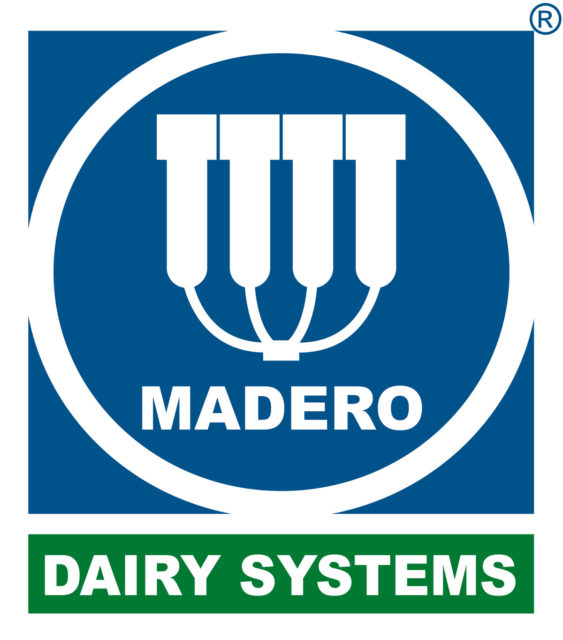No matter how many hours of work you’ve put on your compact tractor during the spring and summer months, now is the time to prepare it for storage or another season of snow removal and winter use.
In either case, it is important to perform the inspections and service needed to ensure this important labor-saver is ready and willing to do the jobs you ask of it. Often it will be required to perform immediately, and the downtime necessary to fix problems resulting from improper preparation can be very frustrating.
Inspections on compact machines are just as important, if not more important, than inspections for large machines because of their inconsistent usage and the idle time they often spend in the shed.
So with winter just around the corner and more idle days ahead, it’s very important to inspect your compact tractor soon to ensure its safe storage and operation for the next time it’s needed. As the old saying goes, “An ounce of prevention is worth a pound of cure.”
Listed below are just a few of the components it would be a good idea to check when performing a typical tractor inspection:
1. Wheel bearings
Although arguably not as important as they are on a vehicle that travels the highway, wheel bearings have got to be in good shape for reliable performance of your tractor. Look carefully at all wheel bearing areas, checking for any moisture, wear or lack of grease that can cause failure and safety concerns while operating your machine. If problems are found, attend to them right away.
2. Grease points
Keeping your tractor well-lubricated in accordance with the recommendations in the operator’s manual helps make sure it will perform well when called upon. When performing your inspection, be certain to check for clogged grease zerks or lack of grease on moving parts and joints. These are the kinds of things that can cause accelerated rate wear and premature failure.
3. Belts
Compact tractors equipped with mower decks are particularly important here, as drive belts provide power to the cutting blades. But tractors also depend on belts to power water pumps, alternators, hydraulic pumps, etc., which are needed to provide reliable performance. Investigate any cracks, tears and dry rotting that can lead to belt breakage, slippage or inconsistent battery charging. It is better to err on the side of caution with belts; replace any that are questionable with new ones, just to be sure.
4. Fluids and filters
Fluids keep your tractor lubricated and cool. It really doesn’t cost that much to keep them fresh and well-filtered. Inspect and replace all fluids and filters, including coolant or antifreeze, engine oil, hydraulic oil – and don’t forget to replace the air filters. Consider asking your dealer to perform a fluid analysis. Signs of wear can often be detected through fluid analysis well before a catastrophic failure occurs.
5. Tires/rims/valve stem
Tractor performance depends largely on its wheels and tires. There is little more frustrating than to have an urgent need to use your tractor and find it incapacitated by one or more flat tires. Carefully check all the tires for cracks, cuts and air pressure to ensure consistent tire wear and prevent tire failure.
6. Battery/electrical
Maybe the tires will be fine when you call upon your tractor to do a job, but it won’t start because of a dead battery or other electrical problem – equally frustrating. Be sure to inspect the battery for charge, cracks and connections or terminals for corrosion to ensure proper startups, which are often challenging during the colder months.
7. Lights, bulbs, fuses and warning lights
Look for any cracked lenses or burned-out bulbs or warning lights. This is especially important if the work to be done is during the dark hours of those long winter nights.
No matter whether your machinery will be hibernating or working this winter, it’s important to inspect it carefully to be sure it will be in peak working condition before the next season of use begins. Don’t forget that many dealerships offer winter inspection programs that include special incentives, such as free analyses of engine and hydraulic oils. PD
Doran Herritt is the product marketing manager for under-60HP tractors for New Holland.





